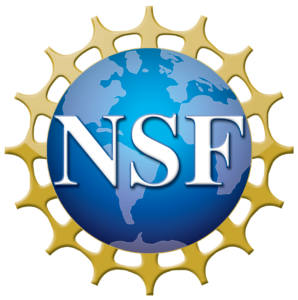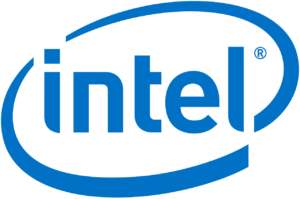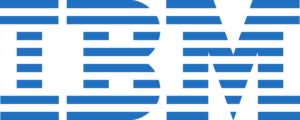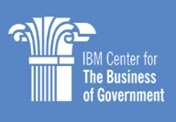- The Cluster is an inter-disciplinary group of 13 faculty members spanning five colleges or institutions: College of Engineering and Computer Science, School of Politics, Security, and International Affairs , School of Global Health Management and Informatics, and the Institute of Simulation and Training.
- Broad spectrum of research, The Cluster works on various areas including Trustworthy Cloud, Blockchain, Secure Machine Learning, Organizational and Behavioral Aspects, Privacy, Malware, Digital Forensics, Software Security, and IoT Security
- There are close to 40 PhD students in the Cluster, and several Postdoctoral Researchers
- The Cluster focuses on excellence, publishing in top venues including: CCS/Usenix Security, ISCA/HPCA/MICRO, ASPLOS, PLDI/OOPSLA, FSE/ICSE, NDSS, INFOCOM, CHI/CSCW, ICDCS, etc.
- The Cluster research is well funded by various government agencies (NSF, ONR, AFRL, DARPA, NSA, Army PEO STRI, Cyber Florida), FFRDC (Sandia National Lab), Industry (Intel, Samsung, NVIDIA, Toshiba, HP, Medi-IoT), and non-profit organizations (William T. Grant Foundation, Mozilla Foundation). In 2018-2019, the Cluster worked on projects that led to nearly $7 million external funding.
- Well published. There are 300+ publications and 50+ patents by Cluster faculty members, receiving 27,000+ citations, with a total h-index of 176 (as of Dec 2018).
- Honors/awards. The Cluster faculty members have received various prestigious honors/awards, including: IEEE Fellow (Solihin), IEEE Senior Member (isen, Zou), ISCA Hall of Fame (Solihin), HPCA Hall of Fame (Solihin), NSF CAREER Award (Solihin, Wisniewski, Gazzillo), Best Paper Awards (CHI (3x) – Wisniewski, MICRO runner up – Solihin), Distinguished TPC Member (INFOCOM – Mohaisen), IEEE MICRO Top Picks (Solihin), SIGPLAN Research Highlight (Gazzillo), UCF Reach for the Stars (Wisniewski), ACM Future of Computing Academy (Wisniewski).
- Real world impact. The Cluster faculty members have invented technologies that can be found in current products. For example, Solihin’s research in cache partitioning (2003-2007) has influenced Intel Cache Allocation Technology (CAT), Solihin’s research in memory encryption and integrity verification (2006-2008), including counter rollback, Bonsai Merkle Tree, have influenced the design of Intel SGX Memory Encryption Engine, Solihin’s research in DRAM Cache architecture (2009-2010) has influenced Intel Haswell external DRAM cache design.
Faculty
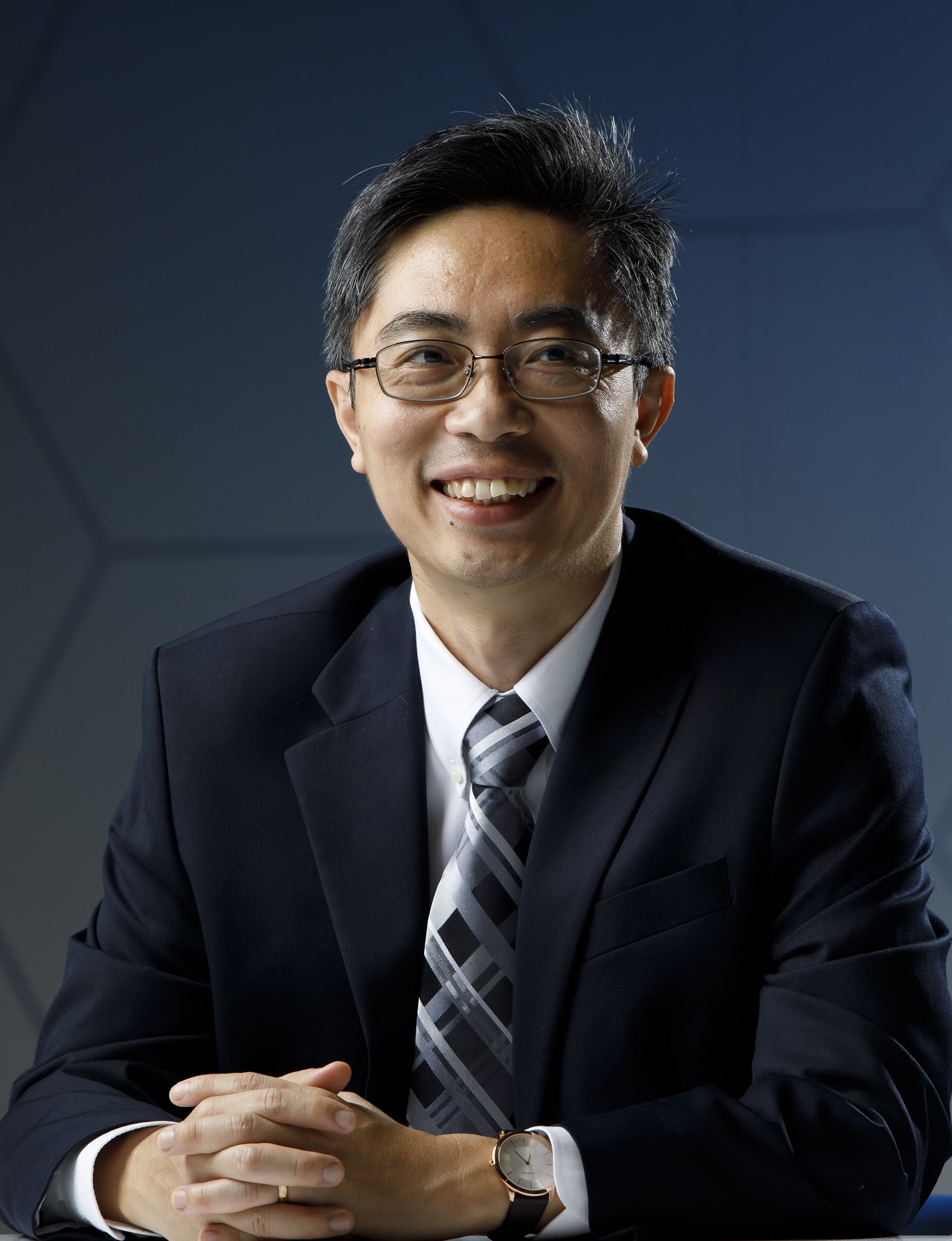
Yan Solihin, Director
Areas: Secure execution environment, side channels, Non-Volatile-Memory, and computer architecture.
Dr.Yan Solihin is a Charles N. Millican Chair Professor of Computer Science at University of Central Florida and Director of Cybersecurity and Privacy Cluster. He is well known for pioneering cache sharing fairness and Quality of Service (QoS), and inventing efficient counter mode memory encryption, and Bonsai Merkle Tree, which have significantly influenced Intel Cache Allocation Technology and Secure Guard eXtension (SGX). In 2017, he received IEEE Fellow “for contributions to shared cache hierarchies and secure processors”. He is in the HPCA Hall of Fame and ISCA Hall of Fame. He has received MICRO Best Paper Runner Up Award, and several best paper nominations (HPCA, IPDPS, ISPASS). He served as NSF Program Director from 10/2015-1/2018.
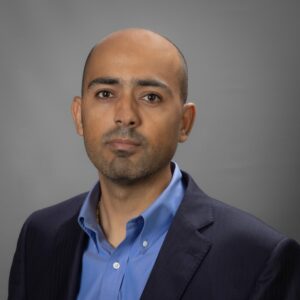
David Mohaisen
Areas: Network Security, Software Security, Applied and Adversarial Machine Learning, Malware Analysis, Blockchain Systems.
Dr. David Mohaisen is a Professor of Computer Science at the University of Central Florida. Prior to joining Central Florida, he held various positions in academia and industry. At UCF, he runs the Security and Analytics Lab (SEAL), where his research interests are broadly in the area of computer security and online privacy with applications to DDoS, malware analysis and detection, blockchain systems, adversarial and applied machine learning, and emerging networking technologies. His work is supported by NSF, NRF (through the Global Research Lab initiative), AFRL, and FC2, among others. He is an associate editor of IEEE Transactions on Mobile Computing and a senior member of ACM and IEEE.
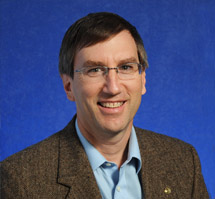
Gary Leavens
Areas: Programming and specification language design and semantics, Formal Methods, Aspect- and object-oriented Languages, Software Security, Information Assurance, Distributed Languages, Type Theory, Programming Methodology, Software Engineering, Computer Science Education.
Dr. Gary Leavens is a professor and chair of the department of Computer Science at UCF. After joining UCF in August 2007, he became associate chair in 2008, and was appointed chair in 2010. He led a successful faculty cluster proposal in cyber security and privacy. His research is in formal methods.
Previously Dr. Leavens was a professor of Computer Science at Iowa State University in Ames, Iowa, where he started in 1989, after receiving his doctorate from MIT. Before graduate studies at MIT, he worked at Bell Telephone Laboratories in Denver Colorado as a member of technical staff.

Cliff Zou
Areas: computer and networking security, network modeling and performance evaluation
Dr. Cliff Zou is a Professor of Computer Science at University of Central Florida. He received his PhD degree from Department of Electrical & Computer Engineering, University of Massachusetts at Amherst, in 2005, and MS and BS degree from University of Science & Technology of China in 1999 and 1996, respectively. Currently he is an Associate Professor in Department of Computer Science and the Program Coordinator of Digital Forensics Master program in University of Central Florida. His research interests focus on cybersecurity and computer networking. He has published more than 80 peer-reviewed research papers, and has obtained more than 5800 Google Scholar Citations. He is a Senior Member of the IEEE.
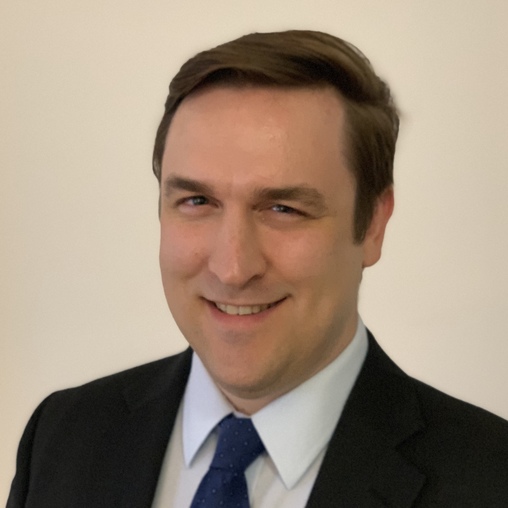
Paul Gazzillo
Areas: Programming languages, software engineering, security, analysis of configurable systems, side-channel attacks, blockchain smart contracts
Dr. Paul Gazzillo is an Assistant Professor of Computer Science at University of Central Florida. He received his PhD from NYU and previously worked as a Post-Doc at Yale and a Research Scholar at Stevens Institute. His research aims to make it easier to develop safe and secure software, and it spans programming languages, security, software engineering, and systems. Projects include analysis of configurable systems, side-channel attack detection, and concurrent smart contracts. His work has been published in venues such as PLDI, ESEC/FSE, and PODC and has been recognized with a SIGPLAN Research Highlight.
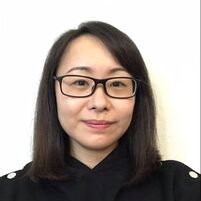
Yao Li
Areas: privacy, human-computer interaction, social computing, cross-cultural studies.
Dr. Yao Li is an Assistant Professor in the School of Modeling, Simulation and Training (SMST) at University of Central Florida. She received her PhD in Information and Computer Sciences from University of California, Irvine in 2019. Her research lies at the intersection of privacy and Human-Computer Interaction (HCI). Specifically, she studies the influence of cultural and social factors on users’ privacy management. Her research aims to make privacy designs better to support users’ privacy and security in the use of technologies. Her work has been published in venues such as CSCW, CHI, TOCHI, PoPets and JASIST.

Mary Jean Amon
Areas: multiparty collaborative problem-solving, social networks, human-plus-AI, human-within-VR, and other forms of human-computer and social interaction.
Dr. Mary Jean Amon is an Assistant Professor in the School of Modeling, Simulation and Training (SMST) at University of Central Florida. She hold an M.A. and Ph.D. in Experimental Psychology from the University of Cincinnati, as well as an M.A. in Psychology in Education from Teacher’s College, Columbia University. Before joining UCF, she was also a Postdoctoral Researcher in the Department of Psychological and Brain Sciences at Indiana University Bloomington, as well as a Research Associate in the Institute of Cognitive Science at the University of Colorado Boulder.
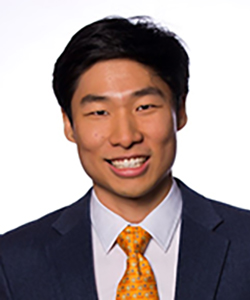
Sung Choi
Areas: Health economics, Health services research, Health data privacy.
Dr. Sung Choi received a doctorate in health services research, policy and administration at the University of Minnesota School of Public Health and completed a postdoctoral fellowship at Vanderbilt’s Owen Graduate School of Management. Dr. Choi is currently investigating the impact of health data breaches on hospitals and patients.
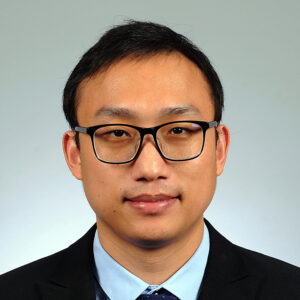
Fan Yao
Areas: Computer Architecture, Hardware/System Security, AI Security, Energy-efficient Computing, Cloud Computing
Dr. Fan Yao is an Assistant Professor in the Department of Electrical and Computer Engineering at University of Central Florida. He is leading the Computer Architecture and Systems Research (CASR) lab. His research interests are in the areas of computer architecture, security, machine learning, and energy efficient computing.
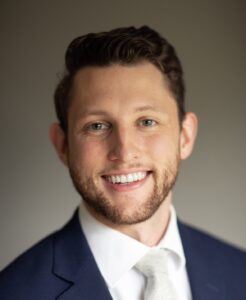
Kevin Aslett
Areas: Threats to Democracy, New Methods, and the European Union
Dr. Kevin Aslett is an Assistant Professor at the University of Central Florida in the School of Politics, Security, and International Affairs. His research broadly focuses on the effect of technological change and supranational institutions on threats to liberal democracy (specifically fake news/misinformation, populism, and patronage). In addition, he has developed new methods in the field of political communication that remove obstacles to extracting information from enormous collections of electronic text and images that users encounter online.
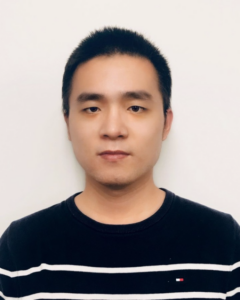
Xueqiang (Brandon) Wang
Areas: Security/privacy of mobile and IoT platforms, Software supply chain security, Cyber crime, Vulnerability discovery and exploitations
Dr. Brandon Wang is an Assistant Professor at Department of Computer Science in UCF. His main research interest involves identifying security vulnerabilities, measuring cybercriminal activities, discovering new attack surfaces, and designing security mitigations in the broad fields of mobile, IoT, and software supply chain, using program analysis and data-driven approaches (ML, NLP, etc.). at the University of Central Florida.
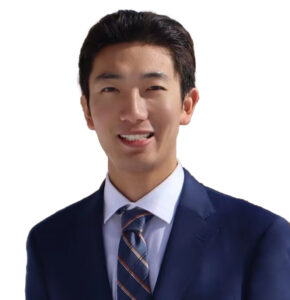
Qian Lou
Areas: Deep learning, Computer Vision, Natural Language Processing, Privacy-preserving/Secure machine learning, Computer Systems and Architecture, Cybersecurity
Dr. Qian Lou is an Assistant Professor at Department of Computer Science in UCF. His research focuses on improving the efficiency, privacy, and security of deep learning on both computer vision and natural language processing tasks by designing novel algorithms, models, and systems.
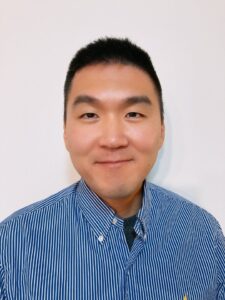
Jongouk Choi
Areas:
Dr. Jongouk Choi is an Assistant Professor at Department of Computer Science in UCF. He generally develops architecture/compiler co-design solutions to improve performance, reduce hardware complexity, and address reliability/security problems.
